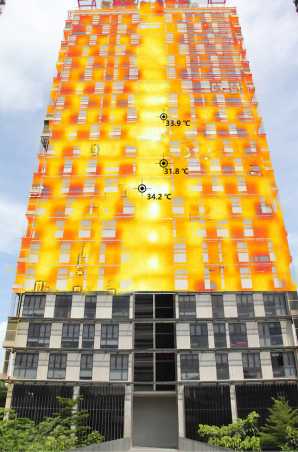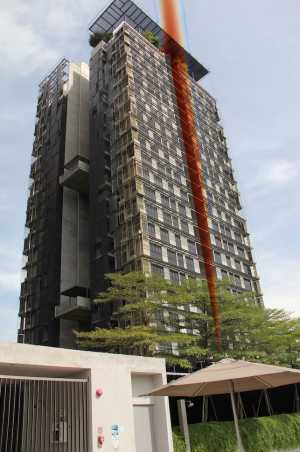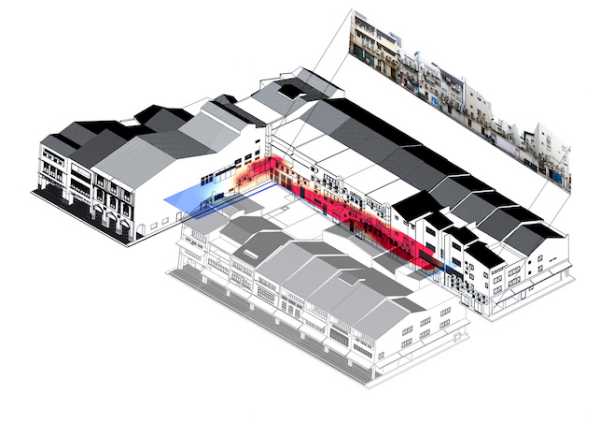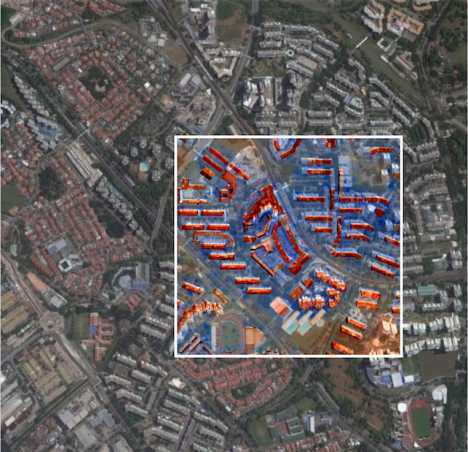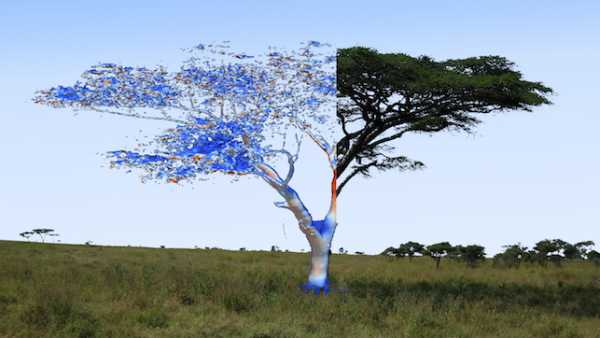Cooler Calmer Singapore
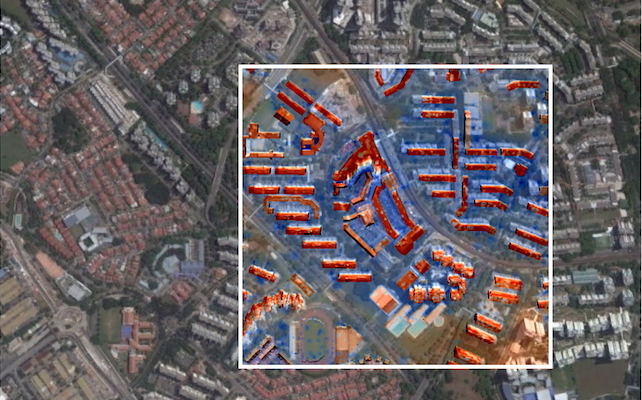
Enhancing liveability through climate-responsive passive design
A top-down analysis of energy consumption in Singapore suggested that anthropogenic heat release is an important factor in urban warming, partly because of the differing diurnal cycle of solar radiation and human energy use. However, prior research in urban heat islands (UHI) has potentially underestimated these factors.
Against this background, in 2013, the Future Cities Laboratory proposed an ambitious interdisciplinary research project aimed at enhancing outdoor thermal comfort in Singapore by substantially reducing heat and noise pollution, focussed on buildings and traffic as major contributors of anthropogenic heat.
Achieving these goals without compromising individual freedom regarding energy use and travel requires a much deeper understanding of causes and options for mitigation. The goal is to contribute to the development of new urban designs that enhance convection and provide enhancements on a pedestrian level for outdoor thermal comfort.
The study will involve a bottom-up tracing of anthropogenic heat using detailed models at a microclimatic scale. In this work, computational fluid dynamic simulations and 3D-cellular automata simulations are fundamental to understanding how convection and the built environment interact. This part of the study will include an analysis of the heat dispersion of cars, facades, roofs, urban greenery and entire precincts on a larger scale.
A design loop tool will be developed, aimed at increasing interaction between engineering and architecture, and between simulation and design. With improved understanding of enhanced convection guiding design guidelines, a computational model can be used to evaluate the dispersion of heat.
The design could be run through the simulation design cycle iteratively to arrive at an optimal balance of aesthetics, functionality, and cooling performance. This design loop tool could consequently serve as a semi-autonomous aid that enables architects to refine scientific knowledge in an iterative process.
Cooler calmer Singapore
